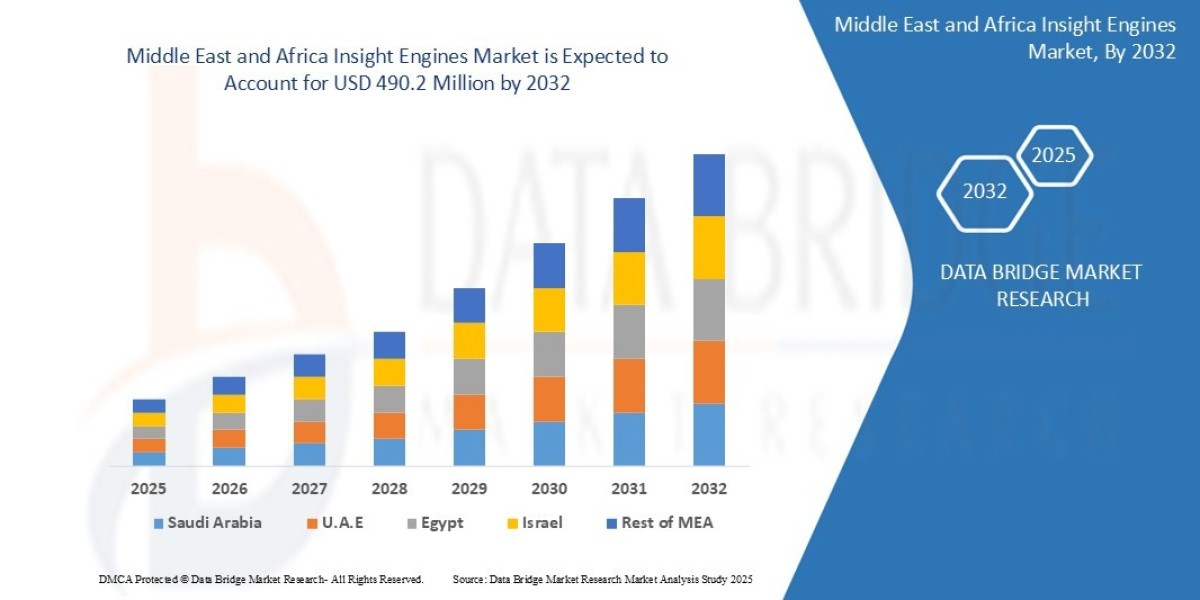Unlocking the Future: How AI is Revolutionizing Every Industry
Artificial Intelligence (AI) has emerged as a transformative force in our modern world, reshaping how we approach problems and innovate across various sectors. From healthcare to finance, the integration of AI technologies is enhancing efficiency, improving decision-making, and fostering innovation in ways that were previously unimaginable. The growing significance of AI cannot be overstated; it has the power to streamline operations, personalize experiences, and even predict future trends. As we delve into the diverse applications of AI across different industries, we will explore how this technology is not just a futuristic concept, but a present-day reality that is revolutionizing the way we live and work.

AI in Healthcare
The healthcare sector is one of the most promising fields for AI applications. AI is being utilized to analyze medical data for diagnostics, enabling healthcare providers to identify diseases at earlier stages. For instance, AI algorithms can analyze X-rays and MRIs with remarkable accuracy, often surpassing human capabilities. Additionally, personalized treatment plans powered by AI take patient-specific data into account, allowing for tailored therapies that improve outcomes. Predictive analytics is another crucial application, where AI processes vast amounts of data to foresee patient needs and potential health risks, ultimately enhancing patient care and operational efficiency within healthcare facilities. A friend of mine, who works as a nurse, shared how AI significantly reduced the time spent on administrative tasks, allowing her to focus more on patient care.
AI in Finance
The finance sector is undergoing a monumental transformation due to AI technologies. Automated trading systems leverage AI algorithms to analyze market trends and execute trades at lightning speed, which can lead to higher profits and reduced risks. Risk management is also being revolutionized, with AI models predicting potential financial crises and helping institutions mitigate risks before they escalate. Moreover, fraud detection systems powered by AI are becoming increasingly sophisticated, identifying unusual transaction patterns to prevent financial crimes. This not only protects consumers but also enhances trust in financial institutions. One of my friends, a financial analyst, remarked on how AI has not only made their jobs more efficient but has also significantly improved accuracy in forecasting financial trends.
AI in Manufacturing
In the manufacturing industry, AI is at the forefront of driving innovation through automation and optimization. Smart factories utilize AI to automate repetitive tasks, which increases productivity and allows human workers to focus on more complex operations. Supply chain optimization powered by AI ensures that resources are allocated efficiently, reducing waste and costs. Furthermore, predictive maintenance uses AI to analyze machinery data, predicting failures before they occur, ultimately saving manufacturers from costly downtimes. The impact of these applications is profound, leading to enhanced productivity and significant cost reductions. A relative of mine who works in manufacturing shared how their plant's productivity soared after implementing AI-driven solutions, leading to increased profitability.
AI in Retail
The retail landscape is being dramatically altered by AI, which offers personalized shopping experiences that cater to individual consumer preferences. AI-driven recommendation systems analyze customer behavior, suggesting products that align with their interests, thus enhancing customer satisfaction. Additionally, inventory management systems powered by AI predict stock needs based on purchasing trends, ensuring that retailers can meet consumer demand without overstocking. Customer service automation, through AI chatbots, provides instant assistance to shoppers, improving the overall shopping experience. A friend who works in retail mentioned how AI tools not only helped streamline operations but also significantly improved customer engagement, resulting in higher sales.
AI in Transportation
In transportation, AI applications are making significant strides, particularly with the advent of autonomous vehicles. These vehicles utilize AI to navigate safely through complex environments, potentially reducing traffic accidents caused by human error. Traffic management systems powered by AI analyze real-time data to optimize traffic flow, reducing congestion in urban areas. Logistics optimization is another critical application, where AI forecasts demand and manages supply chain logistics to ensure timely deliveries. The potential for AI to transform transportation is immense, promising safer roads and improved efficiency. A friend who works in logistics shared how their company has significantly cut delivery times by utilizing AI for route optimization, enhancing customer satisfaction.
AI's Transformative Impact Across Industries
In summary, the diverse applications of AI across various industries are not only enhancing operational efficiency but also redefining the way we approach everyday tasks. From healthcare to transportation, AI's transformative potential is clear, offering solutions that improve outcomes and drive innovation. As we continue to embrace these advancements, it is crucial to consider the ethical implications of AI's evolution and ensure that its development aligns with human values. Staying informed about AI advancements will empower us to harness their potential responsibly, paving the way for a future where technology and humanity thrive together.








